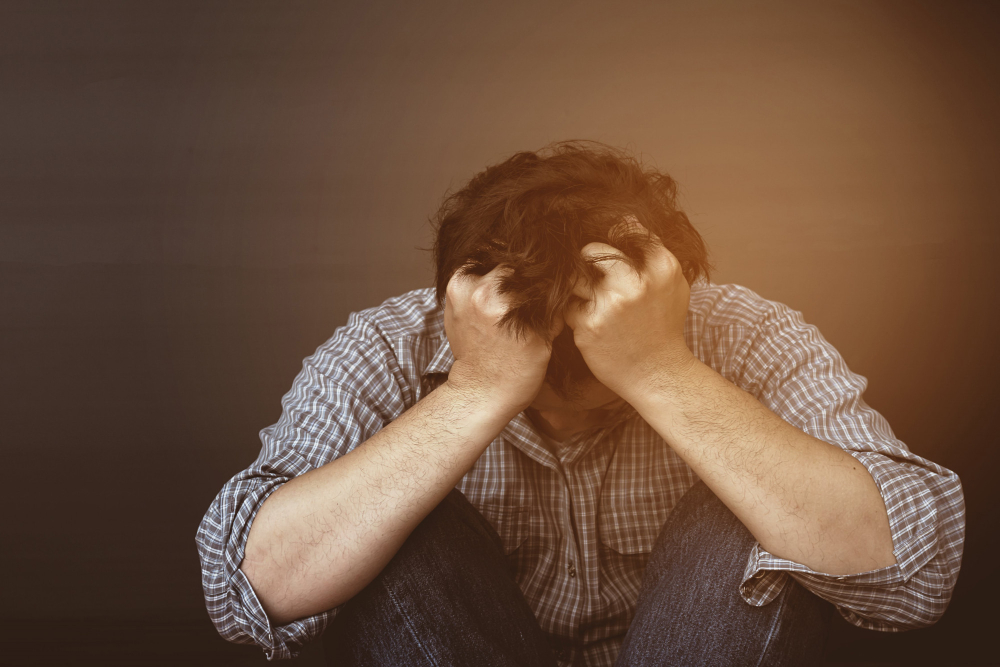Many people suffer from mental health or psychiatric disorders. Unfortunately, they tend to run in families. Mental health issues such as depression, anxiety, and bipolar disorder are very prevalent. You can’t function normally emotionally, mentally, and behaviourally when you have these diseases or ones similar to them. Yet, optimism persists. Mental health disorders may be treated in many different ways.
The Best Treatment for Mental Health in NSW
The following are various mental health treatments in NSW:
Medications
While there is currently no cure for mental conditions, psychiatric medications may alleviate symptoms to a large extent. Medicines for mental health issues may augment the efficacy of other therapies, such as psychotherapy. Your particular circumstances and the drug’s effect on your body will determine which drugs are ideal for you.
The following are examples of prescription psychiatric drug types that have heavy usage:
- Anti-anxiety medications
Medications like these are prescribed to those suffering from anxiety disorders like panic disorder or generalized anxiety disorder. Plus, they might assist with sleeplessness and restlessness. Anxiolytics that have a dual action on depression are the most common kind of long-term anti-anxiety medication. While fast-acting anti-anxiety drugs might provide temporary relief, it is essential to keep in mind that they can also lead to dependence if taken for an extended period.
- Antidepressants
In addition to sadness and anxiety, antidepressants may treat a variety of other mental health issues. Depression, anxiety, low energy, trouble focusing, and loss of interest in previously enjoyed activities are some of the symptoms that they may alleviate. There is no risk of addiction or dependence while using antidepressants.
- Mood-stabilizing medications
Bipolar disorder, characterized by manic and depressive episodes that alternate, is the most prevalent indication for the use of mood stabilizers in treatment. In some cases, antidepressants are paired with mood stabilizers to alleviate depression.
- Antipsychotic medications
Psychotic diseases, including schizophrenia, are often treated with antipsychotic medications. When employed with antidepressants, antipsychotics may alleviate symptoms of depression and bipolar disorder.
Psychotherapy
In psychotherapy, sometimes referred to as talk therapy, you and a mental health professional speak about your symptoms as well as any emotions or ideas you may be having in relation to your disease. Throughout psychotherapy, you develop an understanding of your illness as well as your feelings, thoughts, and behaviors. The knowledge and comprehension you gain may help you learn how to deal with and manage stress.
Several forms of psychotherapy may be used to improve mental health. While psychotherapy helps many individuals get back on their feet in a matter of months, more intensive treatment may be required for others. It may be carried out in a group, one-on-one, or with close friends or family.
Conclusion
Individuals with mental health concerns are provided with various options, such as counseling and support groups. When a person first exhibits symptoms of a mental illness, it is imperative to seek medical attention. Treatment may help a person’s health improve or even improve their quality of life, even if they may still have specific particular symptoms.

